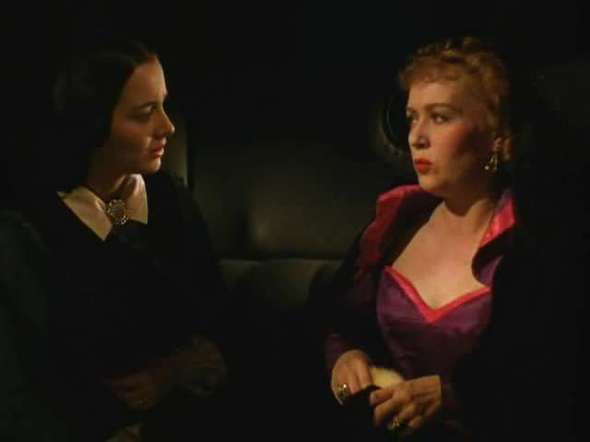"You have heard that it was said, 'You shall love your neighbor and hate your enemy.' But I say to you, love your enemies, bless those who curse you, do good to those who hate you, and pray for those who spitefully use you and persecute you, that you may be sons of your Father in heaven…”
Like so much of what Jesus taught, these commands go against human nature, against human experience, and against human desire. Even with the indwelling of the Holy Spirit, the born-again believer retains vestiges of the “natural man” described by the apostle Paul in 1 Corinthians 2; and this natural man wants our enemies to suffer while watching us prosper.
And we’ve received a lot of support from our culture. “Living well is the best revenge” was advice I read decades ago in some woman’s magazine, and I took it to heart; to this day, if someone has irritated or hurt or angered me, my first reaction is to fantasize about some way of making him feel small, and me look radiantly happy and successful and positively unfazed by anything he could do or say.
But thanks to Matthew 5 and the indwelling Holy Spirit, such thoughts now vanish in fairly short order, being forcibly replaced by meditations on how best to love, bless, do good to and pray for the enemy at hand.
After all, it’s the Lord’s will that all should be saved and know the truth (1 Timothy 2:3-4). And which is more attractive to a potential saint, even if he’s wearing wolf’s clothing at the moment – an attitude of love or disdain?
Consider, for example, how the ladies of Atlanta treated prostitute Belle Watling. (If you don’t know off the top of your head, you simply MUST see Gone with the Wind just as soon and often as possible!) With one exception, they stuck their noses in the air and told her to get lost, right? The exception, of course, was the overtly Christian Melanie Wilkes, who treated her with great kindness and humility, as in the scene in Belle’s carriage after Belle had provided a life-saving alibi for the ladies' husbands:
Melanie: How can I thank you enough for what you did for us? How can any of us thank you enough?
Belle: I got your note saying you were going to call on me and thank me. Oh Mrs Wilkes, you must have lost your mind. I come up here as soon as it was dark to tell you you mustn't even think of such things. Why I'm... Why you're... Well it wouldn't be fittin' at all
Melanie: Wouldn't be fitting for me to call on a kind woman who saved my husband's life?
Belle: Mrs Wilkes, there ain't never been a woman in town that's been nice to me the way you was, I mean about the money for the hospital, you know. And I don't forget a kindness.
I think it’s safe to say that if Belle Watling ever did seek Christ, it would have been at least in part because of the Christian love Melanie showed her – not the cold judgmentalism demonstrated by the leading ladies of Atlanta society.
Just this morning, I read a related post by author Carol Barnier, who writes so lovingly and eloquently about prodigals. She quotes Dr. Russell Moore, Dean of the School of Theology at Southern Baptist Seminary: “The next Jonathan Edwards might be the man driving in front of you with the Darwin Fish bumper decal. The next Charles Wesley might be a misogynist, profanity-spewing hip-hop artist right now. The next Billy Graham might be passed out drunk in a fraternity house right now.”
Noting the immense comfort to be found in these words, Carol concluded, “Your prodigal may currently be making choices that range from uncomfortable to shocking. But the God of the universe looks down in love on your child and says, ‘I’m not done yet. I have plans for that one. And if they ever turn to Me, you’ll see something amazing. Something beautiful. Something that can change the world.’”
And that is perhaps the best reason for obeying Jesus’ command to love, bless, do good to and pray for our enemies. After all, by doing so, we might be pointing a modern-day Saul of Tarsus to the kingdom of God.

 RSS Feed
RSS Feed